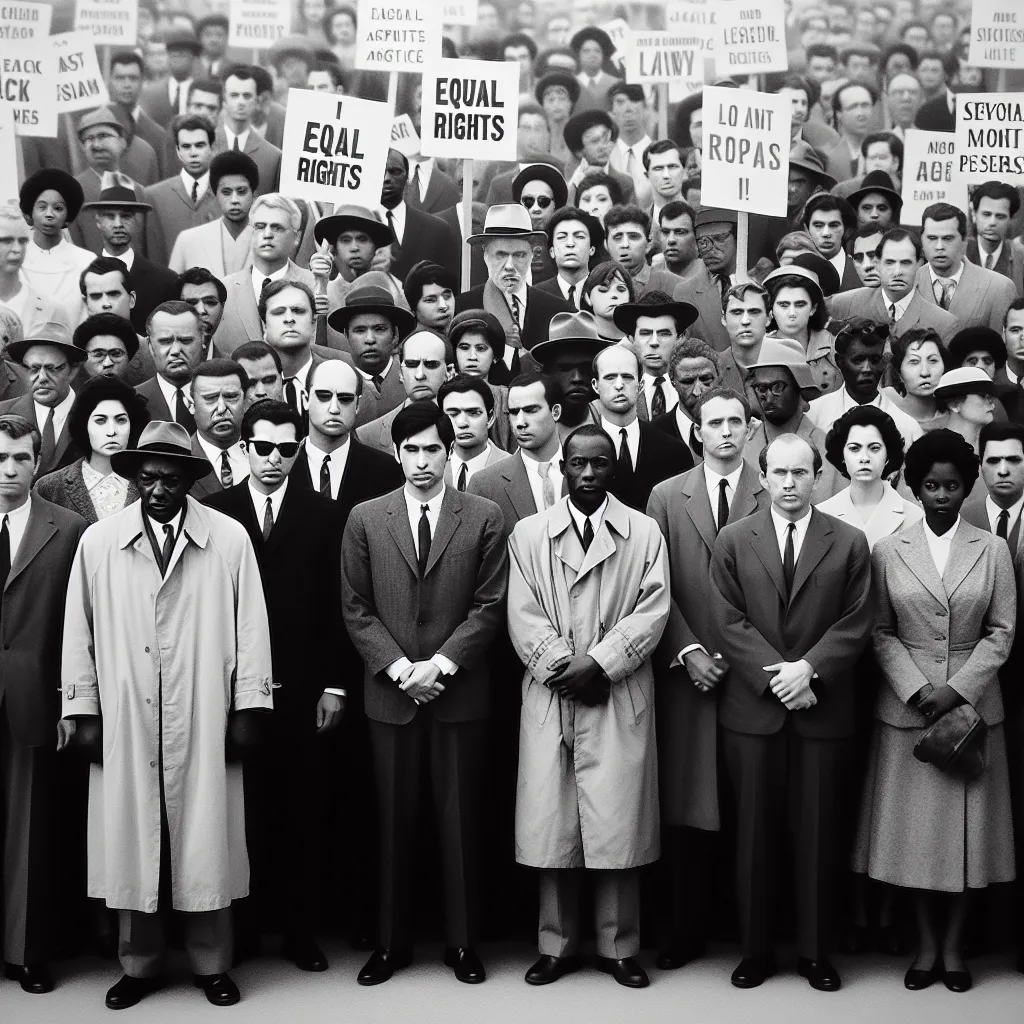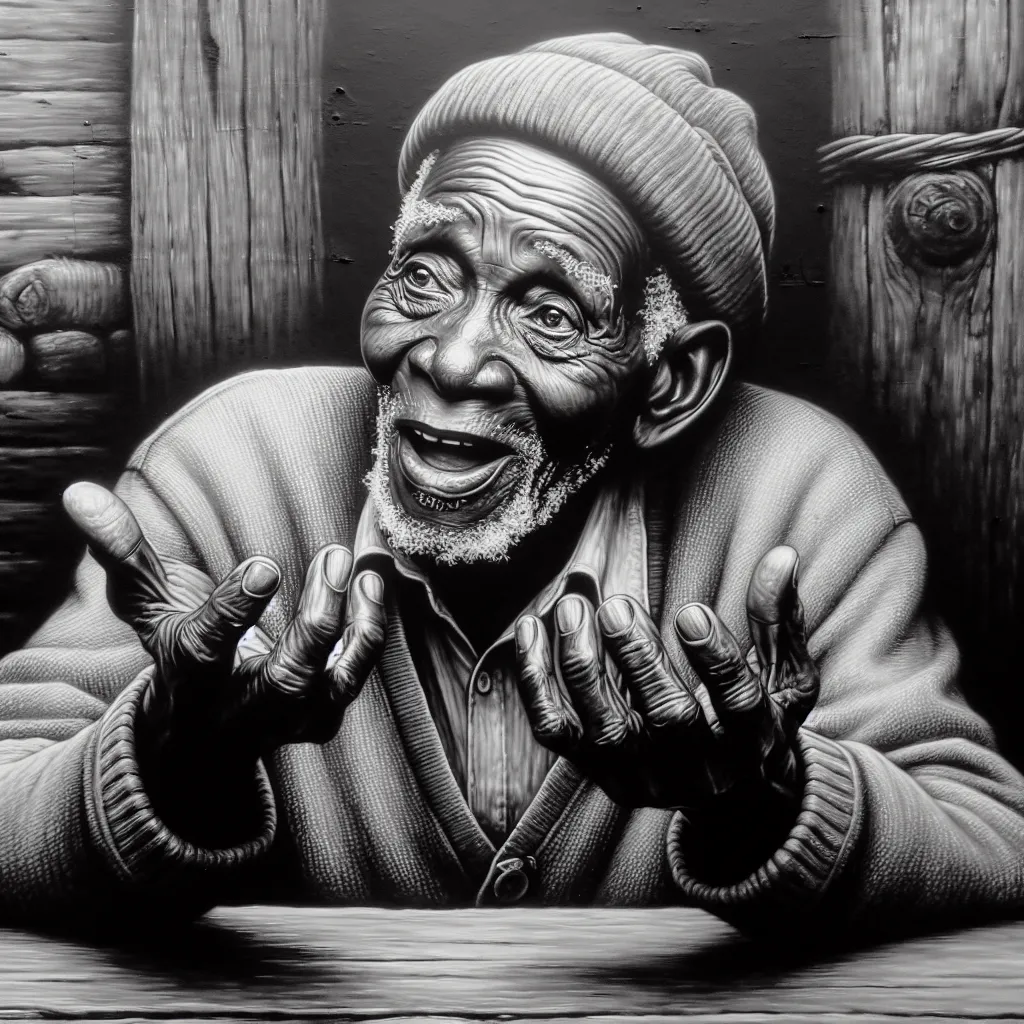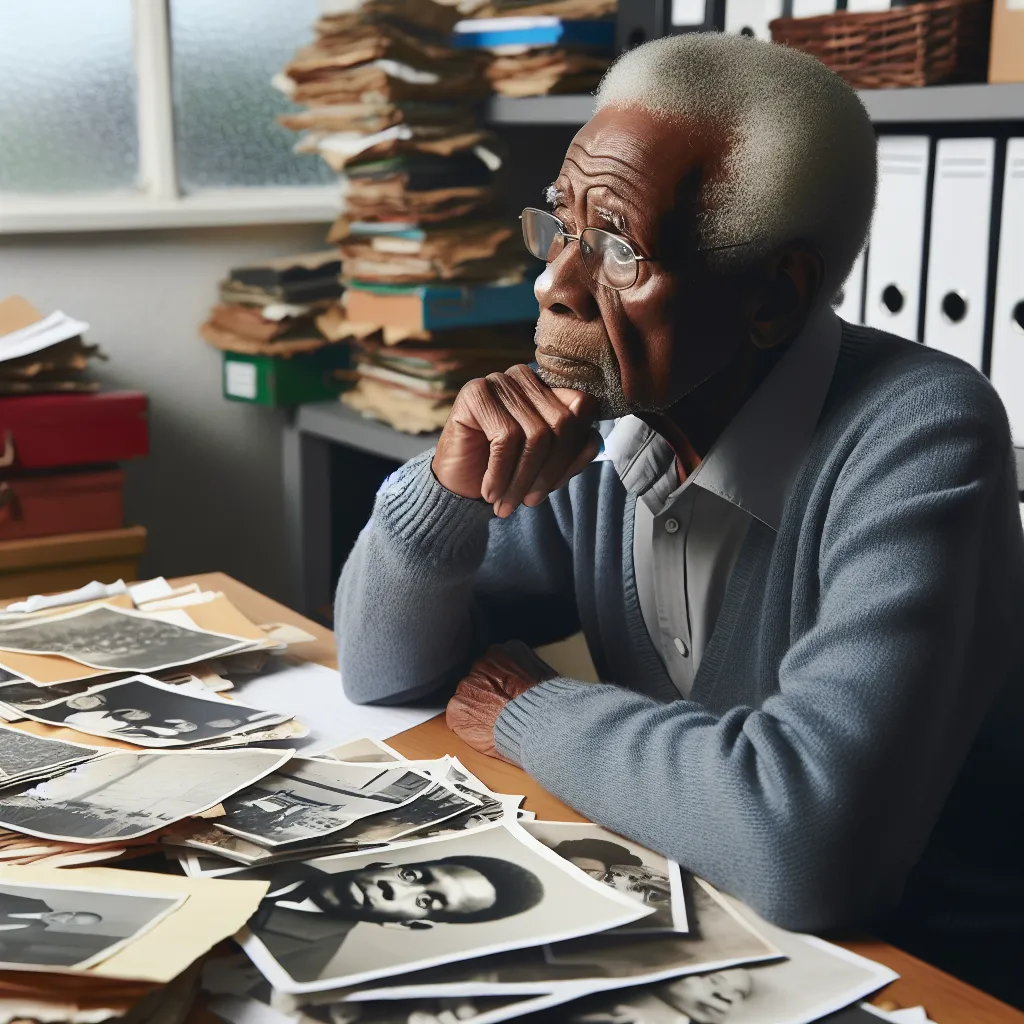Ask AI on The Internet
Question: Key Question: How did apartheid affect people’s lives and how did they respond? The project consists of two parts: • A written research task on one apartheid law • An oral history task in which you interview a person. Written research 1. Decide which apartheid law you are going to research [for example: Population Registration Act; Group Areas Act; Bantu Education Act; Mixed Marriages Act, Separate Amenities Act or the Pass Laws]. 2. Make use of reliable internet sites/books to research your law. . Write down the details of where you found your information for your bibliography. Research Essay: Introduction: State which law you have researched and the reason why you chose this issue. Body of evidence: a) When was the law passed or implemented? Why was the law passed? b) What changed were put in place after the law was implemented? c) What attitudes did people have towards the law? Conclusion: Why do you think this law or issue is interesting or important to know about today? Write a bibliography: 1) Title of Article: ____________________________________________________ Title of Website:___________________________________________________ Author: ________________________________________ Date of Publication: ________________________________________________ Date Accessed: ________________________________________ Publisher: _______________________________________ Page Numbers Used (If applicable): __________________ 2) Title of Article: ____________________________________________________ Title of Website:___________________________________________________ Author: ________________________________________ Date of Publication: ________________________________________________ Date Accessed: ________________________________________ Publisher: _______________________________________ Page Numbers Used (If applicable):
Sure, I can help you with the structure and information needed to complete your project. Let’s take an example apartheid law and go through the steps. ### Written Research Task: Group Areas Act #### Introduction The law I have researched is the Group Areas Act. I chose this issue because it was fundamental to the enforced residential segregation in South Africa, dramatically shaping the urban landscape and having profound effects on the individuals and communities affected by it. #### Body of Evidence **a) When was the law passed or implemented? Why was the law passed?** The Group Areas Act was first passed in 1950 by the apartheid government of South Africa. It was part of a series of laws intended to implement the policy of apartheid, which means "apartness" in Afrikaans. This law was passed to segregate different racial groups into designated residential and business areas to minimize contact among races. The government claimed this segregation was necessary for public order and to eliminate racial friction. **b) What changes were put in place after the law was implemented?** After the law was implemented, vast areas of cities were designated for occupation by different racial groups – whites, blacks, Indians, and coloreds (people of mixed race). As a result, thousands of people were forcibly removed from their homes and moved to areas designated for their racial group. This led to the destruction of vibrant, multi-racial communities, the disintegration of social networks, and significant economic hardship for those who were moved to areas with fewer opportunities. **c) What attitudes did people have towards the law?** The law was met with widespread opposition and resentment among non-white South Africans. It caused significant hardship and was viewed as a gross injustice. Many people lost their homes, businesses, and community ties. The forced removals often involved violence and cruelty, leading to emotional and psychological trauma. White South Africans largely supported the law as it maintained apartheid's ideology and their privileged position in society. However, there were also white opponents who spoke out against the injustices and worked towards equality. #### Conclusion Understanding the Group Areas Act is important because it exemplifies the systematic nature of racial segregation under apartheid and its long-lasting effects on South African society. Learning about such laws helps us understand the deep-seated impacts of institutionalized racism and the importance of dismantling such injustices to build an equitable society. #### Bibliography 1) **Title of Article:** "The Group Areas Act: An Overview" **Title of Website:** South African History Online **Author:** n/a **Date of Publication:** n/a **Date Accessed:** [Insert the date you accessed the website] **Publisher:** South African History Online **Page Numbers Used (If applicable):** n/a 2) **Title of Article:** "Forced Removals in South Africa" **Title of Website:** Encyclopaedia Britannica **Author:** n/a **Date of Publication:** n/a **Date Accessed:** [Insert the date you accessed the website] **Publisher:** Encyclopaedia Britannica, Inc. **Page Numbers Used (If applicable):** n/a ### Oral History Task For the oral history task, your approach should include: 1. Finding a person who lived through and experienced apartheid. 2. Preparing a set of questions that explore their personal experiences related to the apartheid law you researched. 3. Conducting the interview ethically and respectfully, ensuring you record their consent. 4. Transcribing the interview and highlighting key insights that connect with the information in your research essay. For example, ask questions like: - How did the Group Areas Act affect your community? - Can you describe your experience of being forced to move? - How did your family cope with the changes brought by this law? - What were the short-term and long-term impacts on your life? Good luck with your project!
Think your answer is better than the AI's? Post it below.
Other Most Relevant Posts:
Question Tags
If you want your question answered by an AI, click here.







Post your own comment: